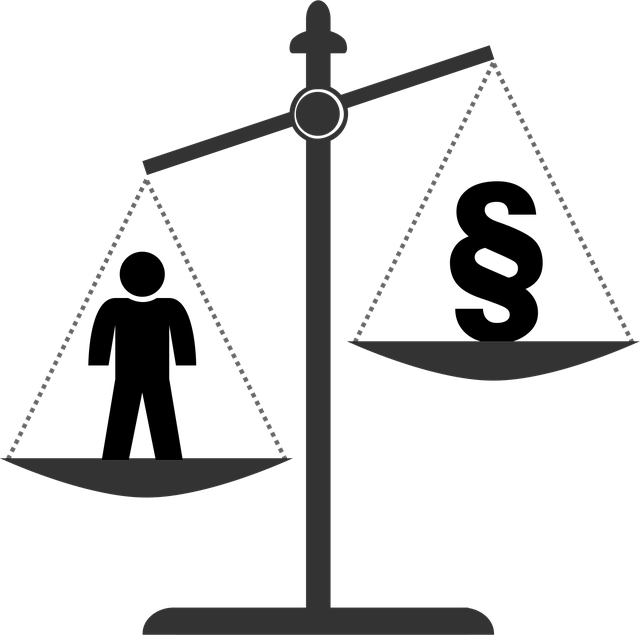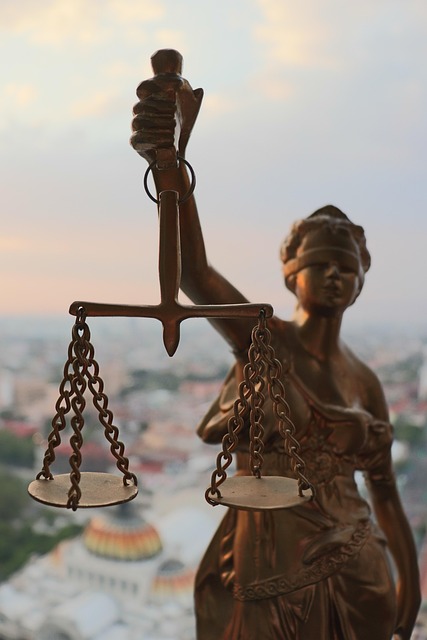Environmental Crime Trials hold companies accountable for ecological damage through criminal justice and environmental law. Class action lawsuits, a powerful tool for citizen accountability, lead to substantial financial penalties and restorative measures. As societal recognition of natural resources' value grows, these lawsuits drive significant corporate behavior changes, ensuring environmental protection and corporate governance. Businesses should proactively implement compliance programs, training, and engagement strategies to mitigate risks and avoid the detrimental impacts of class action lawsuits on their operations.
“Environmental Crime Trials: Holding Polluters Accountable through Legal Lenses and Citizen Activism
This article delves into the realm of environmental justice, focusing on crime trials as a powerful tool to combat corporate pollution. We explore ‘Understanding Environmental Crime Trials’ from a legal perspective, highlighting their growing significance. ‘Class Action Lawsuits’ emerge as game-changers, empowering citizens to demand accountability and transparency from companies.
The impact on corporate responsibility is profound, especially when considering the consequences of these trials for businesses. Learn how proactive strategies can mitigate risks and protect reputations in an era where the ‘Impact of Class Action Lawsuits’ on companies is undeniable.”
- Understanding Environmental Crime Trials: A Legal Perspective
- Class Action Lawsuits: Powering Citizen Accountability
- Impact on Corporate Responsibility and Transparency
- Strategies for Businesses to Mitigate Risks and Reputational Damage
Understanding Environmental Crime Trials: A Legal Perspective

Environmental Crime Trials represent a critical intersection of environmental law and criminal justice, where companies are held accountable for their actions that have led to significant ecological damage. From pollution and deforestation to water contamination, these trials aim to not only punish perpetrators but also deter future environmental misconduct. From a legal perspective, such cases often involve complex interpretations of environmental regulations and the proving of corporate liability.
The impact of class action lawsuits on companies in these high-stakes cases is profound. These lawsuits, often led by affected communities or environmental groups, can result in substantial financial penalties and restorative measures. Across the country, white collar and economic crimes related to environmental degradation are increasingly being treated as serious offenses, reflecting a broader societal shift towards recognizing the intrinsic value of our natural resources and ecosystems.
Class Action Lawsuits: Powering Citizen Accountability

Class action lawsuits have emerged as a powerful tool for citizen accountability in environmental crimes. When individuals or communities are affected by environmental degradation caused by corporate actions, they can come together and file a class-action suit against the responsible parties. This collective legal strategy allows for a significant impact on companies, particularly those with alleged white collar defense strategies.
The impact of these lawsuits extends far beyond monetary compensation. They send a strong message across the country that environmental crimes will not be tolerated and that businesses have a responsibility to uphold environmental standards. With an unprecedented track record of success, class action lawsuits are fast becoming a go-to method for holding corporate polluters accountable, driving change in corporate behavior, and ensuring environmental protection.
Impact on Corporate Responsibility and Transparency

The rise of environmental crime trials has significantly shifted the landscape of corporate responsibility and transparency. As more businesses are held accountable for their actions—or inactions—regarding ecological preservation, the impact on corporate behavior is profound. Class action lawsuits, driven by a growing public awareness of environmental issues, have become powerful tools to enforce regulatory compliance and prompt corporations to adopt sustainable practices. This shift not only encourages proactive environmental stewardship but also fosters greater accountability among companies, leading to more ethical business conduct.
The outcomes of these trials, including winning challenging defense verdicts for both plaintiffs and defendants, send rippling effects throughout respective business sectors. Companies are now more vigilant in implementing robust internal controls and protocols to prevent white-collar and economic crimes related to environmental regulations. This heightened scrutiny not only strengthens corporate governance but also ensures that the onus of environmental protection is shared equally among all stakeholders, ultimately contributing to a healthier planet.
Strategies for Businesses to Mitigate Risks and Reputational Damage

To mitigate risks and reputational damage associated with environmental crimes, businesses must adopt proactive strategies that span from policy implementation to public engagement. One key approach involves establishing robust compliance programs, including regular training for employees on environmental regulations and ethics. By fostering a culture of accountability within the organization, companies can significantly reduce the likelihood of non-compliance and subsequent legal repercussions.
Moreover, businesses should proactively engage with their clients, philanthropic and political communities, and industry peers to promote sustainable practices. This includes transparency in reporting environmental impact assessments and adopting measures that exceed regulatory standards. Such initiatives not only enhance corporate responsibility but also serve as a defensive strategy against potential white-collar defense cases, thereby minimizing the impact of class action lawsuits on companies.
Environmental crime trials are reshaping corporate accountability, highlighting the profound impact of class action lawsuits in holding businesses responsible for their ecological actions. As these cases gain momentum, companies must adapt to enhanced transparency and stricter regulations. By understanding the legal landscape and implementing effective risk mitigation strategies, businesses can navigate this evolving environment, ensuring long-term sustainability and a reduced chance of reputational damage. The interplay between legal proceedings and citizen activism is driving a crucial shift towards corporate responsibility for environmental harm, with the impact of class action lawsuits on companies being a key catalyst.






